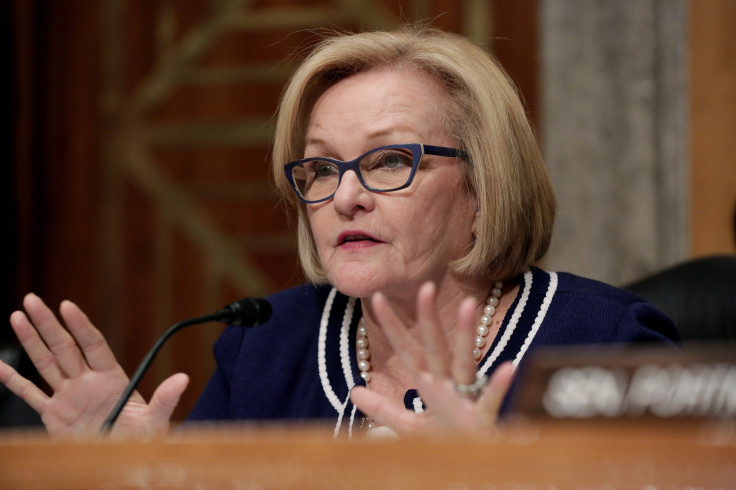US opioid crisis: Report exposes ties between manufacturers and patient advocacy groups

Companies that sell prescription painkillers handed millions of dollars to advocacy groups, a report released by a US senator has revealed. The drugmakers’ representatives said no conditions have been set on how the money would be spent and they did not force the groups to advocate for their products.
The report has revealed the financial ties between opioid manufacturers and third party advocacy groups. It provides only a snapshot of company activities, but experts believe that it provides insights into how the demand for drugs like OxyContin and Vicodin was fuelled. Some addictive medications have generated sales despite researches that show they are ineffective for chronic pain.
Drug makers were reportedly asked to turn over records of payments they made to groups and affiliated physicians. The companies have provided information to Senate which shows that staff spent over $10 million to support 14 advocacy groups and affiliated doctors.
That spending was said to be between 2012 and 2017."It looks pretty damning when these groups were pushing the message about how wonderful opioids are and they were being heavily funded, in the millions of dollars, by the manufacturers of those drugs," opioid expert Lewis Nelson said, according to NBC News.
Investigation by Missouri's Sen Claire McCaskill raises questions about the industry’s role in an overdose epidemic that has claimed American lives. Advocacy funding by the makers of the top five opioid painkillers by global sales in 2015 has been examined.
Opioid crisis in the US
The findings could support lawsuits that seek to hold opioid drugmakers accountable for helping fuel an epidemic. The crisis has reportedly claimed the lives of over 340,000 Americans since 2000.
The Legislature and the Justice administration has been working together to ratchet up controls on painkiller prescriptions. The federal government declared the opioid crisis a national public health emergency last year.
The impact of the opioid crisis is felt in many parts of the US, including Minnesota. Almost Minnesotans lost their lives to opioid overdose in 2016.
Long-time paramedic paramedic Don DeReamus said he has seen an uptick in opioid-related deaths in his community. DeReamus was an administrator at Suburban EMS in Northampton County.
“Kids that went to school with my kids were dying at an alarming rate and it was related to heroin at that time,” The Morning Call reported him as saying. He added that stronger synthetic opioids are being abused and the overdoses are more difficult to turn around.
NBC News/YouTube






